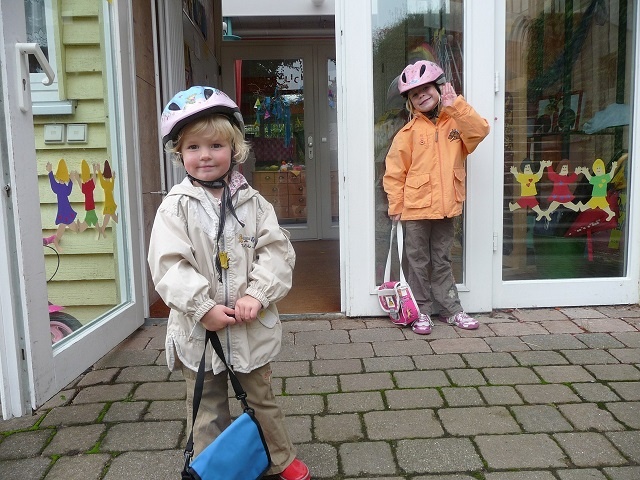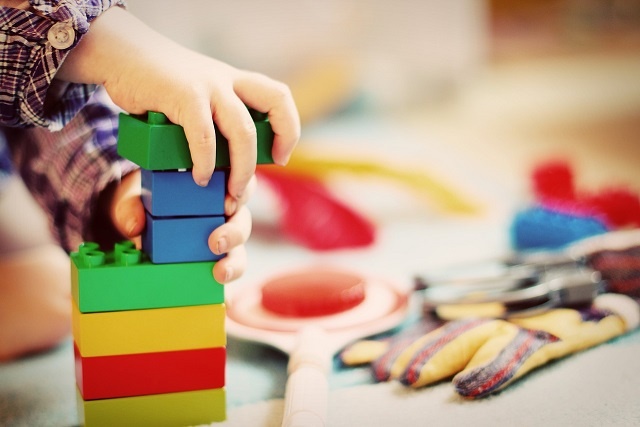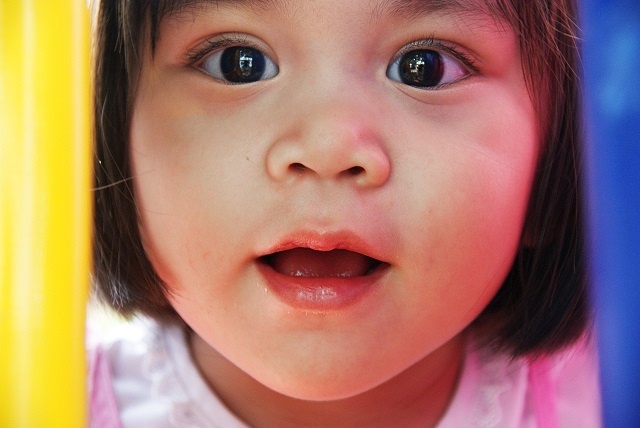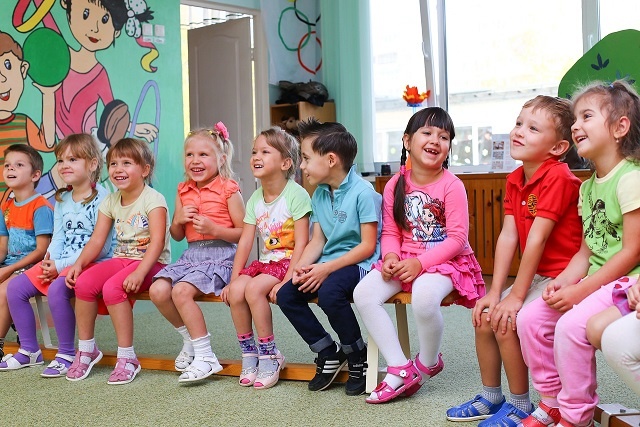Updated December 2025
Teaching is one of the most rewarding professions on the planet. Teachers influence every aspect of our lives. They show us how to treat one another, how to learn and grow, how to challenge ourselves, and how to reach for our dreams.
And all of these lessons begin in the early childhood education classroom. It's in preschools and daycares that little ones take their first steps toward independence, and hopefully, discover a love of learning.
It's hard to imagine a more important profession than early childhood educator (ECE). These teachers plant the roots and lay the foundation. They play a huge role in our communities.
Are you thinking about becoming an early childhood educator, but aren't totally sure you're ready for training or are even a good fit for this career?
Take a few moments to think about each of these seven points. If you can say yes to each one, that's a very clear sign that you're destined for a career in early childhood education.
1. You Love Being Around Young Children
This is definitely one of the most important characteristics of happy, successful ECEs. You may not have teaching experience yet, but if you're considering an early childhood education career, you've probably spent quite a bit of time around kids.
This might mean you come from a large family, with a lot of nieces and nephews or little brothers and sisters. Or perhaps you've done a lot of babysitting or worked with children's community programs, sports teams, or summer camps.
You might even have kids yourself, and feel strongly that guiding and teaching little ones is your true calling.
Early childhood education students come from all walks of life and age groups. What they all have in common is a true love of children, and a desire to make a positive difference in the lives of young people.
2. You're Passionate About Early Childhood Education and Teaching
Enjoying spending time with young kids is key in this field, but it's not enough to build a teaching career. You must also feel passionate about the practice of early childhood education—the actual process of helping kids learn and grow.
If you pursue an early childhood education certficate, you'll spend a lot of time learning about ECE theories, techniques, and activities. You'll be studying childhood development, behaviour, and psychology.
You'll also learn about child safety and nutrition and how to develop effective preschool and daycare programs.
There's quite a lot of research, planning, and careful organization that go into running (or helping to run) a strong ECE program.
If you're genuinely interested in this field, you'll feel inspired by the training, and graduate ready to build a successful early childhood education career.

3. You Want to Be That First, Inspiring Teacher in a Child's Life
The teaching profession is really broad. There are positions available at the elementary, high school, college, and university levels. There are also online teaching opportunities (ESL, for example), and roles in professional development (career training and certification.)
But there's something quite unique and special about becoming an early childhood educator. You will be a child's very first teacher outside of the home.
You will shape their impression of school, learning, socialization, self-confidence, and so much more.
This is a special opportunity and responsibility. If you love the idea of being that first, inspiring teacher in a child's life, you're on the right track with an ECE career.
4. You Want to Improve the Quality of Early Childhood Education
The field of early childhood education has come a long way. Research has proven just how important the early years are for cognitive development, motor skills, self-confidence, academic success, and learning how to relate to people from different backgrounds.
Kids are sponges, soaking up everything they see, feel, and learn in an ECE environment. That's why ECE training has evolved so much over the years, to prepare teachers and education assistants to deliver the best possible programs for young children.
The way we teach kids in the early years impacts everything that comes next. But we still have a long way to go toward ensuring every daycare and preschool offers high-quality instruction.
If you're passionate about making a positive difference in the early childhood education system and promoting the highest standards of teaching, you'll be a huge asset to this profession.
We need more skilled, dedicated ECEs to move the field forward, and prove just how valuable and important early education is in our society.

5. You're Patient, Compassionate, and Embrace Diversity
Anyone who has spent time with babies, toddlers, and young children knows that patience is absolutely key.
Basic skills like sharing, following instructions, and respecting rules take time for little ones to learn. Not to mention tying shoes, buttoning jackets, and going to the bathroom alone!
It takes patience and compassion to nurture each child, and help them develop at their own pace. Each little student you work with will be different. There is no "one size fits all" ECE approach.
It's important for teachers to embrace diversity, and tailor their methods to students' individual needs. It's a learning process—for both the educator and the student.
You'll need to be open-minded, flexible, and adaptive.
6. You're Creative, Energetic & Can Connect Easily with Little Kids
What would a preschool or daycare be like without fun, creative activities and games? ECEs use activity-based learning every single day.
Young kids learn by doing. They need to work and play together to develop socially, academically, emotionally, and physically.
To ensure your little ones are achieving developmental milestones, you'll need to come up with a wide variety of projects, games, and challenges. And you'll need to adapt those activities to suit the requirements of your students (you may work with little ones who have learning or behavioural disabilities, speak a different language, have special needs, etc.)
This takes creativity and a lot of energy. You'll need to really connect with the kids in your care, which means developing programs that respect their diverse needs.

7. You Understand the Ethical Responsibilities of Early Childhood Educators
Teachers have power. They are authority figures with a great deal of influence on the kids they work with. We've all experienced the power a teacher can wield—for better or for worse.
To be successful as an early childhood educator, you must respect and understand the power you have in the classroom. This influence comes with responsibilities and obligations. It is a serious commitment.
Parents will place a huge trust in you to care for, protect, and nurture their children to the very best of your ability.
The way you interact with your little students will impact them for years into the future. As an ECE, you will be shaping young lives. If you're ready to take on this challenge, and you understand just how important your role will be as an ECE, you're definitely on the right track to build a successful career in this field.
You're exactly the kind of student we'd love to work with. Read on for your next steps.
Learn More About Early Childhood Education Training
If you want to learn more about ECE careers, we'd be happy to talk with you.
Chat live with an admissions advisor to learn more about training. Or click below to explore Herzing's online early childhood education program in more detail. We're here to help!







